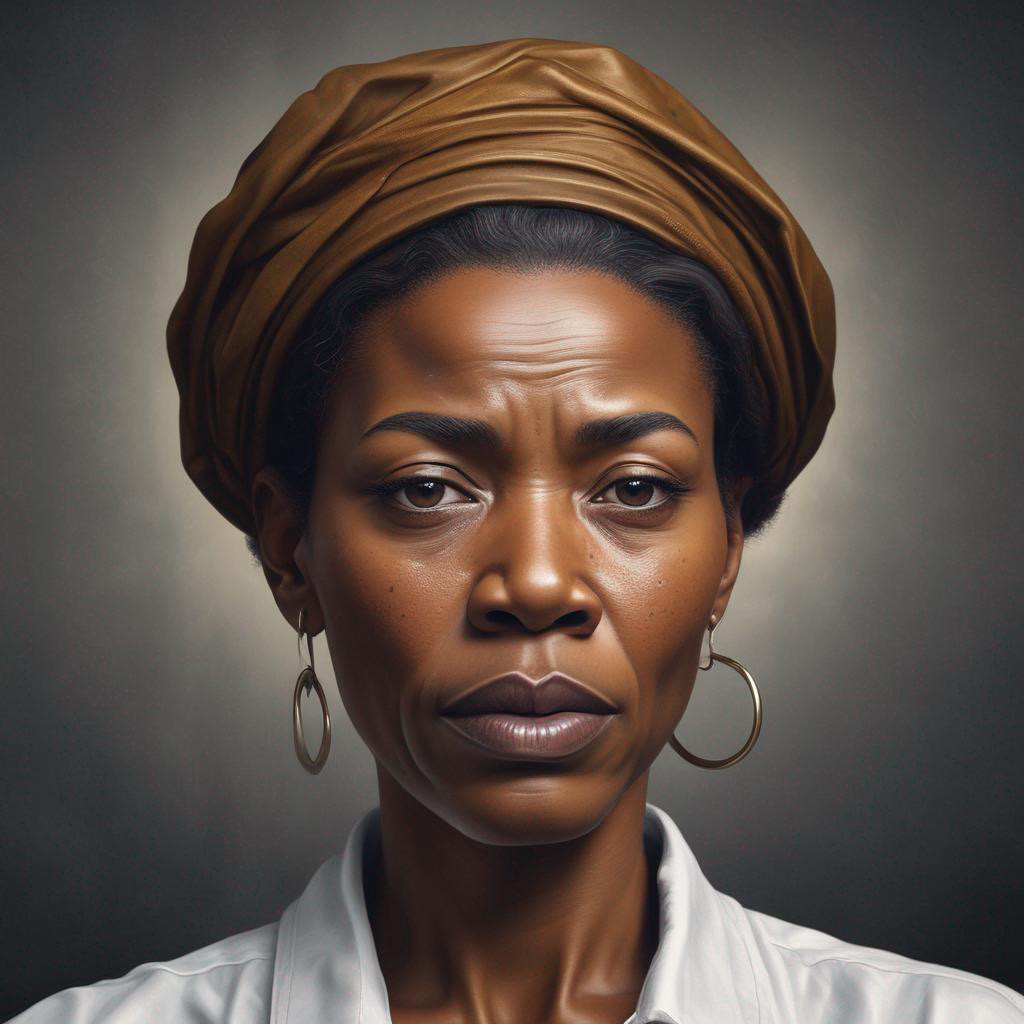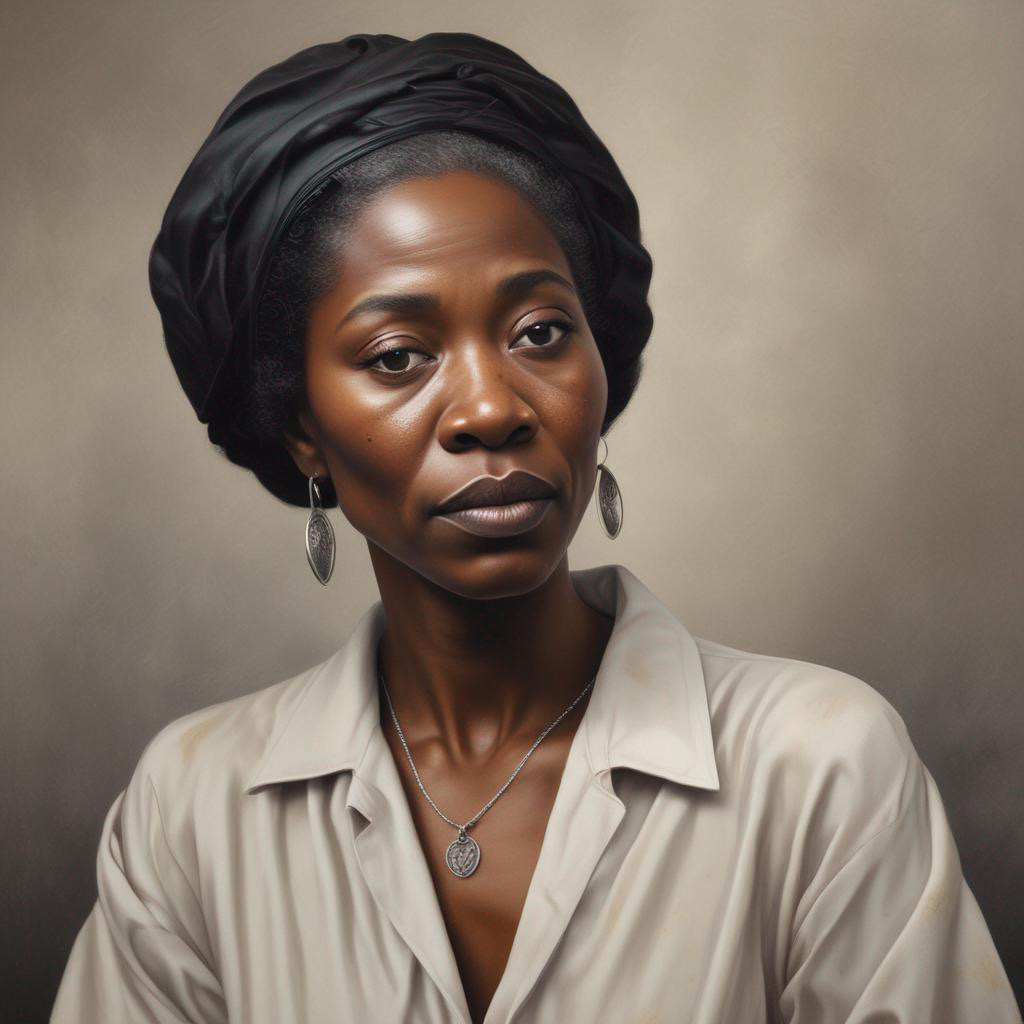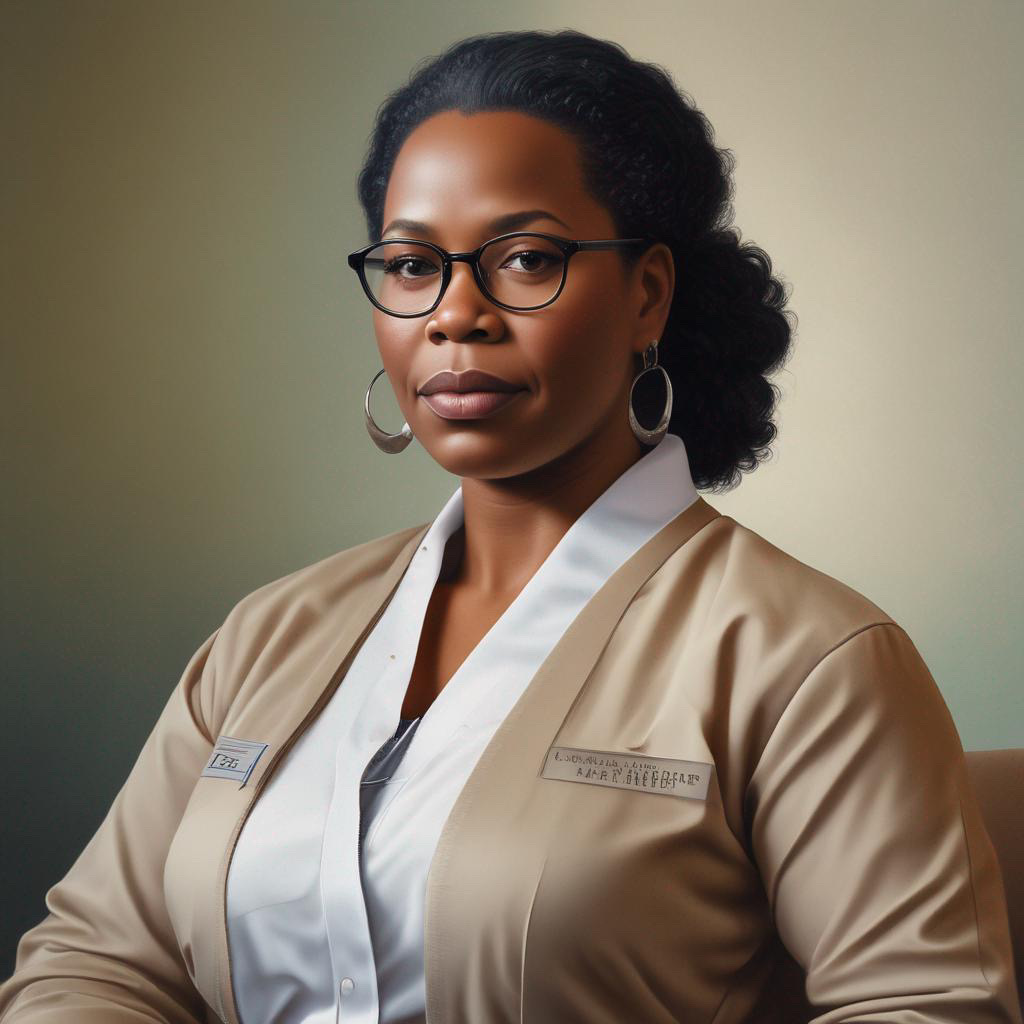Life often feels like a dimly lit room, where we stumble over shadows and misperceptions. We may think we see clearly, yet upon deeper reflection, we frequently encounter cracks in our understanding. In Mark 8:22-25, we witness a man, once shrouded in darkness, who begins to see vague shapes, the vibrant colors of life, and the intricate details of God’s creation. It is a moment of “enlightened recognition,” where clarity pierces through the fog of confusion. So, it is with our society where structures can appear noble on the surface, yet upon inspection; we find the foundations crumble under the weight of injustice and inequity.
This invitation to see extends beyond mere observation; it calls us into action. When we recognize the inequities around us, we are not just passive observers, but we are also called to be proactive. We are compelled to speak up, to advocate for those whose voices have been silenced. We are beckoned to embrace “radical empathy,” to listen deeply, to understand the experiences of others from their unique perspectives. Imagine a world where we all invest in each other’s well-being, where we all feel the suffering of one. In such a world, we would be liberated from division and despair.
As we embark on this journey together, let’s allow the healing light of God’s love to penetrate our hearts. Let us remember Galatians 4:7, which assures us that we are all equal heirs in God’s family. In this sacred truth, we find our mutual worth, a divine spark that unites us as kindred souls. May we all open our eyes to the beauty of our shared humanity and, with hearts set free, declare together, “I can see things clearly now.” In this clarity, hope blossoms, and together, we can build a world imbued with love, justice, and peace.




